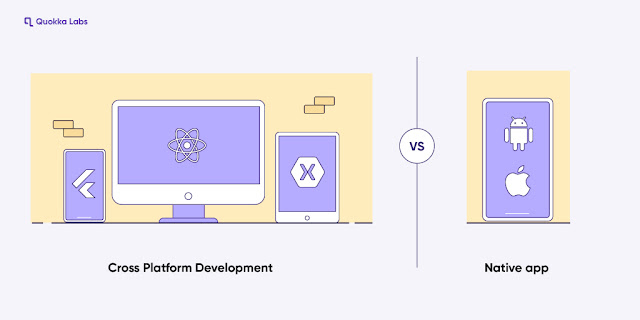10 Essential Tips for Developing an Android App
In today's digital age, the demand for innovative and user-friendly Android applications is soaring higher than ever before. With millions of apps vying for attention on the Google Play Store, developers face the challenge of creating standout experiences that captivate users and drive engagement. Whether you're a seasoned developer or a newcomer to the world of app development, mastering the craft of Android app development services requires a blend of technical expertise, creativity, and strategic planning.
In this comprehensive guide, we'll explore essential tips and best practices to help you navigate the intricate landscape of Android app development and create apps that shine in a crowded marketplace.
1. Define Your Objectives
Before diving headfirst into the development process, it's crucial to define clear objectives for your Android app. What problem does your app solve? Who is your target audience? What are your key performance indicators (KPIs) for success? By outlining your goals and objectives upfront, you can align your development efforts with the desired outcomes and ensure that every feature and design choice serves a purpose.
2. Embrace User-Centric Design
User experience (UX) plays a pivotal role in the success of any Android app. From intuitive navigation to visually appealing interfaces, every aspect of your app should prioritize the needs and preferences of your users. Conduct thorough research to understand your target audience's behavior and preferences, and incorporate user feedback throughout the development cycle to refine and enhance the user experience.
3. Optimize for Performance and Speed
In today's fast-paced digital environment, users have little patience for sluggish or unresponsive apps. To keep users engaged and satisfied, prioritize performance optimization and ensure that your app loads quickly and operates smoothly across various devices and network conditions. Minimize resource consumption, optimize code, and leverage caching mechanisms to deliver a seamless user experience from the moment they launch your app.
4. Focus on Security and Privacy
With the increasing prevalence of data breaches and privacy concerns, safeguarding user data should be a top priority for Android developers. Implement robust security measures, such as encryption protocols and secure authentication mechanisms, to protect sensitive information from unauthorized access. Adhere to best practices for data handling and storage, and be transparent with users about your app's data collection and usage policies to build trust and credibility.
5. Stay Updated with the Latest Technologies
The landscape of Android app development is constantly evolving, with new tools, frameworks, and technologies emerging at a rapid pace. Stay abreast of the latest Android app trends and advancements in the field, and be willing to adapt and embrace new technologies to stay ahead of the curve. Experiment with emerging technologies such as artificial intelligence (AI), augmented reality (AR), and machine learning (ML) to create innovative and cutting-edge experiences that captivate users and differentiate your app from the competition.
6. Test Rigorously and Iterate Continuously
Testing is an integral part of the app development process, allowing you to identify and address issues before they reach the hands of users. Implement a comprehensive testing strategy that encompasses functional testing, usability testing, and performance testing to ensure that your app meets the highest standards of quality and reliability. Solicit feedback from beta testers and early adopters, and be prepared to iterate and refine your app based on their insights and suggestions.
7. Optimize for App Store Visibility
Even the most impeccably designed and feature-rich Android app will struggle to gain traction if it's buried beneath a sea of competing apps on the Google Play Store. Optimize your app's metadata, including title, description, and keywords, to improve its visibility in search results and attract more organic downloads. Leverage app store optimization (ASO) techniques, such as keyword research and A/B testing, to fine-tune your app's listing and maximize its discoverability among your target audience.
By following these essential tips for developing android app, you can elevate your Android app development skills and create compelling experiences that delight users and drive success. Remember that the journey of app development is an ongoing process of learning and refinement, so stay curious, stay innovative, and never stop striving for excellence.




Comments
Post a Comment